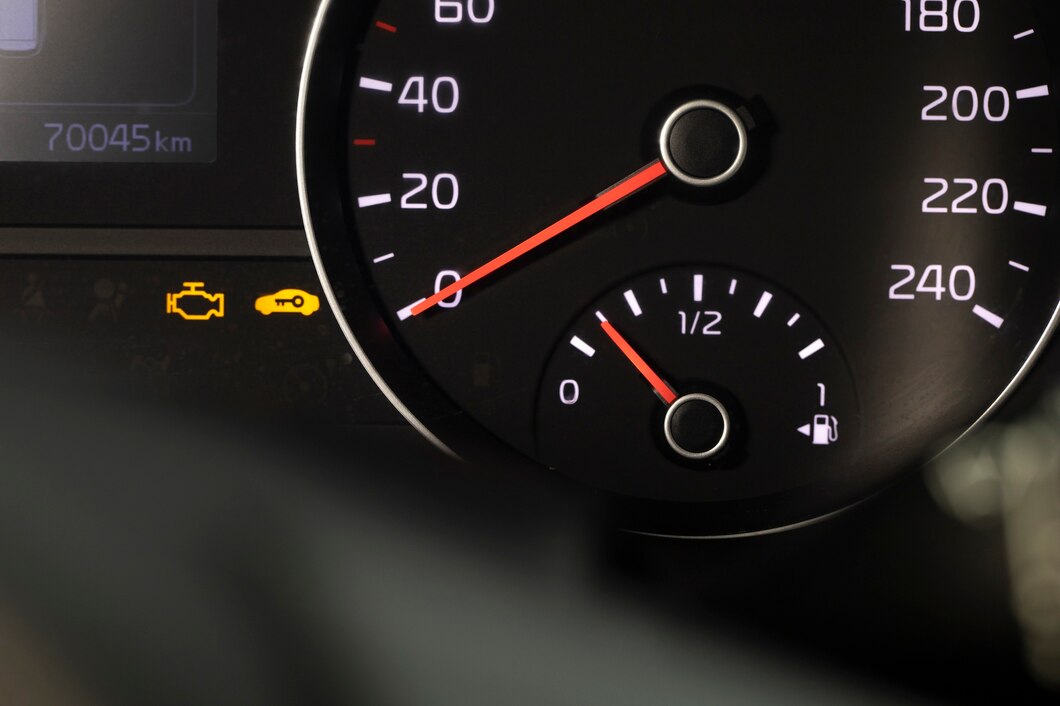The catalytic converter is a crucial component of your vehicle’s exhaust system, responsible for reducing harmful emissions and converting them into less harmful gases. A faulty catalytic converter can lead to decreased engine performance, increased emissions, and even potential damage to other parts of your car. Recognizing the early signs of a failing catalytic converter is essential for addressing the issue promptly and preventing further damage. Here are some key indicators to watch out for:
1. Decreased Engine Performance:
A noticeable decrease in engine performance, such as sluggish acceleration, reduced power, or difficulty starting the engine, can be a sign of a failing catalytic converter. This occurs when the converter becomes clogged or restricted, hindering the flow of exhaust gases and impeding the engine’s ability to operate efficiently.
2. Check Engine Light Illuminates:
The illumination of the check engine light on your dashboard is often the first indication of a potential problem with your vehicle’s emissions system, including the catalytic converter. Modern vehicles are equipped with onboard diagnostics (OBD) systems that monitor various sensors and components, detecting abnormalities and triggering the check engine light when an issue is detected.
3. Unusual Smells:
A faulty catalytic converter can produce unpleasant odors emanating from your vehicle’s exhaust system. If you detect a strong sulfur or rotten egg smell, it could indicate that the converter is not effectively converting harmful gases, leading to the release of sulfur dioxide into the atmosphere.
4. Louder Exhaust Noise:
A louder-than-usual exhaust noise, often described as a rattling or clunking sound, can indicate a problem with the catalytic converter. This noise may be caused by internal damage or a broken substrate within the converter, resulting in abnormal vibrations and sounds during operation.
5. Failed Emissions Test:
During routine emissions testing, a failing catalytic converter can cause your vehicle to fail to meet the required emission standards. If your car fails an emissions test, it’s essential to have the catalytic converter inspected and repaired or replaced as necessary to ensure compliance with environmental regulations and maintain the vehicle’s roadworthiness.
6. Reduced Fuel Efficiency:
A decrease in fuel efficiency, characterized by a noticeable drop in miles per gallon (MPG), can be a symptom of a failing catalytic converter. When the converter is not functioning correctly, it can affect the air-fuel mixture in the engine, leading to increased fuel consumption and reduced efficiency.
7. Overheating:
In some cases, a failing catalytic converter can cause the engine to overheat due to restricted exhaust flow and increased backpressure. If you notice your engine temperature gauge rising higher than normal or frequent overheating episodes, it’s crucial to have the catalytic converter inspected to prevent potential engine damage.
The catalytic converter plays a vital role in reducing vehicle emissions and maintaining environmental standards. Recognizing the early signs of a failing catalytic converter is essential for addressing the issue promptly and preventing further damage to your vehicle and the environment. If you experience any of the symptoms mentioned above, it’s recommended to consult a qualified mechanic or automotive technician for a thorough inspection and diagnosis. By addressing catalytic converter issues early on, you can ensure the continued performance and efficiency of your vehicle while minimizing its environmental impact.











